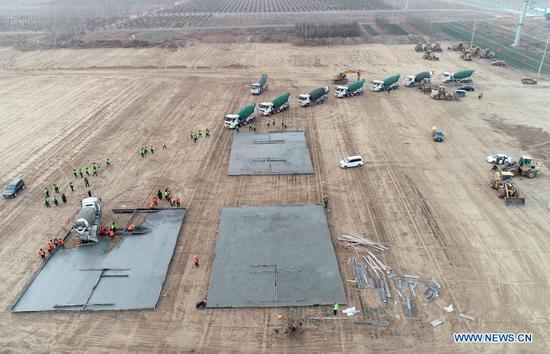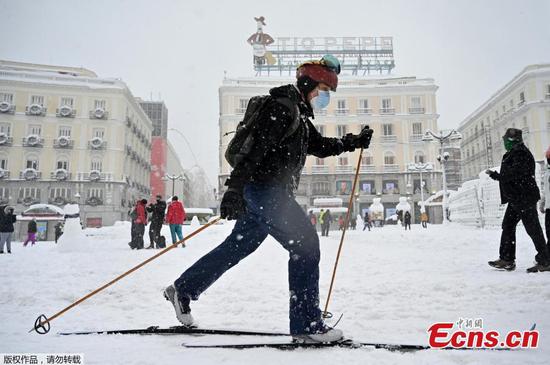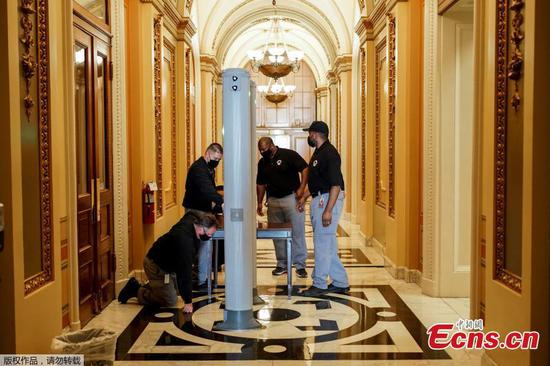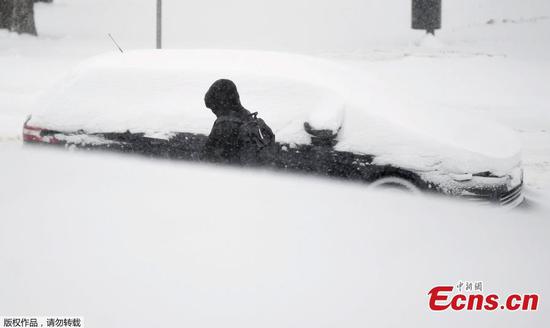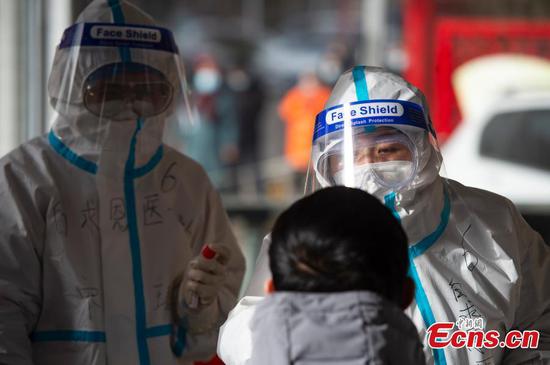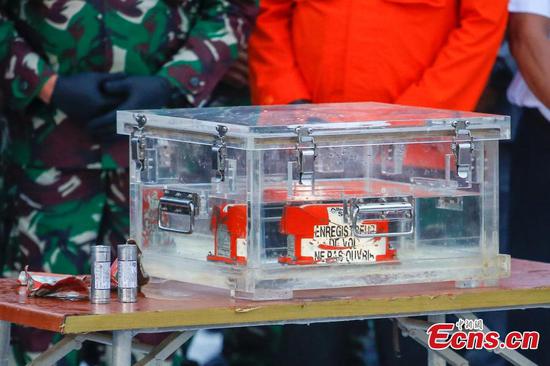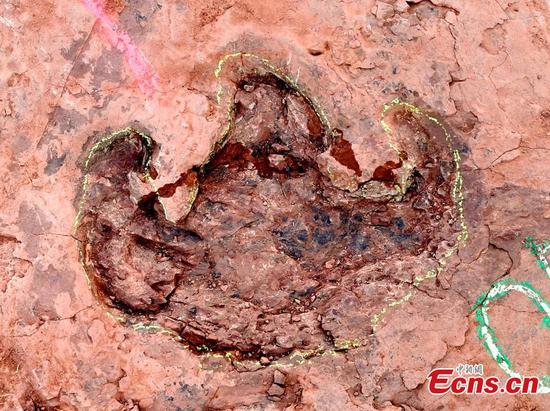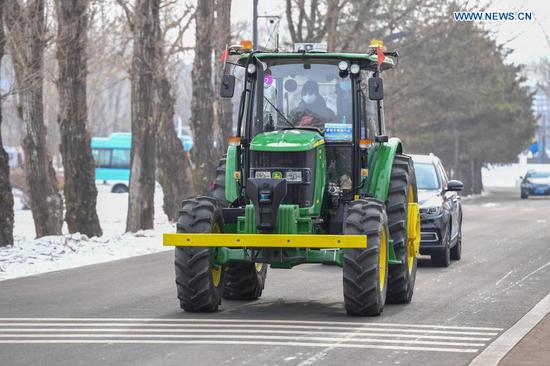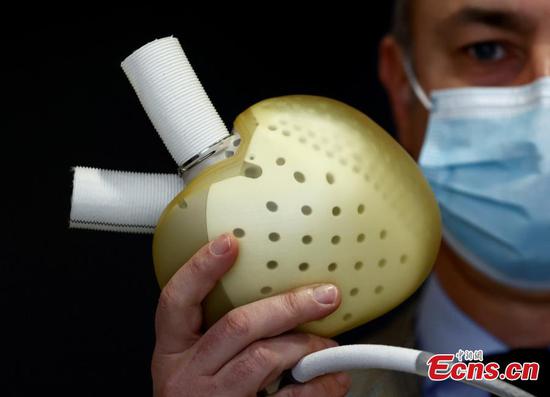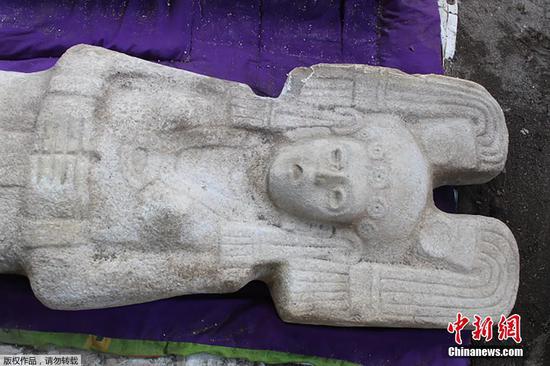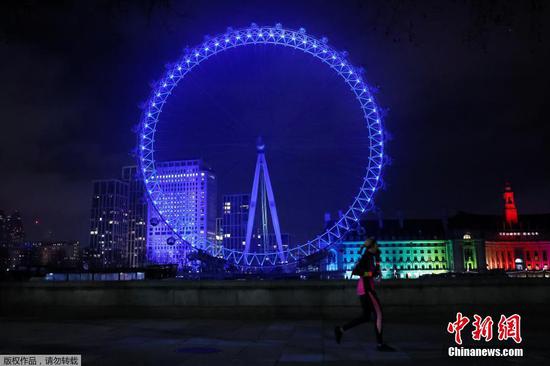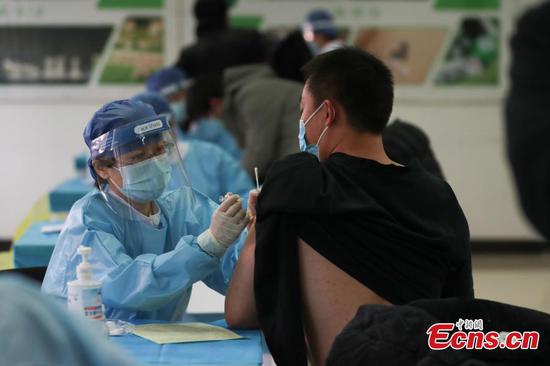Results from samples come as global resurgence in cases hits hard in nation
COVID-19 was probably in Brazil as early as December 2019 as a Brazilian state confirmed on Tuesday that antibodies to the coronavirus were found in serum samples collected there.
The health department of the state of Espirito Santo in southeastern Brazil announced the presence of IgG antibodies, specific for SARS-CoV-2, in serum samples dating back to December 2019.
The antibodies were detected in 210 people. Sixteen of the samples suggested the presence of the virus in the state before Brazil announced the first officially confirmed case on Feb 26, 2020. One of the cases was collected on Dec 18, 2019.
It takes about 20 days for a patient to reach detectable levels of IgG after the infection, so it could have occurred between late November and early December 2019, the authority said.
The Brazilian Ministry of Health issued a notice on the same day, instructing the state to conduct in-depth epidemiological investigations and send serum samples to the Oswaldo Cruz Foundation in Rio de Janeiro for an RT-PCR test.
"Only with confirmation by the reference laboratory and the deepening of epidemiological studies will the Ministry of Health be able to confirm, or not, whether these cases were really positive for SARS-CoV-2," the ministry said.
Brazil has the world's second-highest COVID-19 death toll, after the United States, and is experiencing a second wave of outbreaks, with cases and deaths on the rise since December last year.
The COVID-19 death toll reached 205,964 in the Latin American country on Wednesday, after 1,274 people died of coronavirus in the previous 24 hours. More than 60,000 new infections had been reported in the same period, bringing the country's total to over 8.2 million.
Though vaccination efforts have ramped up worldwide, the virus continues to take its toll in many regions.
The overall global coronavirus caseload reached 92.4 million on Thursday, while deaths were poised to surpass 2 million, Johns Hopkins University data showed.
In Europe, the United Kingdom logged a new record number of deaths at 1,564 over 24 hours, taking the overall toll to 84,767.
Stringent measures
England is in its third national lockdown after a highly contagious coronavirus strain was detected, with schools shut and people ordered to stay at home. Similar restrictions are in place in Scotland, Wales and Northern Ireland.
British Prime Minister Boris Johnson told lawmakers that, although it was "early days", the latest restrictions were "starting to show signs of some effect".
Spain registered a record daily number of coronavirus cases on Wednesday, with nearly 39,000 new infections over the prior 24 hours, its health ministry said.
The data showed Spain was in a situation of "very high risk, extreme risk", said Carolina Darias, minister for territorial policy and civil service.
Many parts of Spain have introduced new restrictive measures in a bid to stem the spread of COVID-19, including closing bars and restaurants.
Portuguese Prime Minister Antonio Costa said the country would enter a new lockdown on Friday.
Switzerland shut shops selling nonessential goods and ordered people to work from home in a bid to prevent an explosion in case numbers, saying the British-detected mutation had already taken root.
Denmark said it is extending lockdown measures until Feb 7 in the face of an "extremely worrying" rise in infections with the British virus variant.









